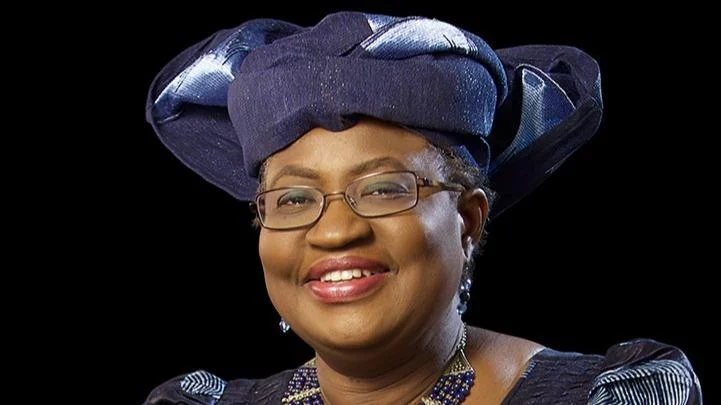In a recent address, Deputy Director-General Ellard of the World Trade Organization (WTO) emphasized the critical role of climate-smart connectivity and digital trade in enhancing regional and global integration, as well as sustainable development. The speech highlighted how connectivity serves as the cornerstone of effective supply chains in today's global economy, particularly in light of disruptions such as COVID-19, geopolitical tensions, and environmental challenges.
"Connectivity is the cornerstone of effective supply chains in our global economy," stated Ellard. She underscored that digital transformation is pivotal for fostering greener and more inclusive economies. "Climate-smart connectivity and digital trade corridors are essential components for this transformation."
Ellard noted that the WTO supports and enhances connectivity within global supply chains by setting rules and ensuring their implementation. She specifically mentioned the Trade Facilitation Agreement (TFA), which came into force in 2017, as a vital tool for facilitating cross-border connectivity and enhancing trade inclusivity. "The TFA works as a GPS for trade," she explained.
Ellard elaborated on three key points regarding the role of trade facilitation in bolstering connectivity and sustainable development. First, she highlighted that the TFA provides necessary frameworks for navigating global trade complexities during crises like the COVID-19 pandemic. "WTO Members that had already embraced digitalized systems were much better equipped to adapt to rapidly changing circumstances," she said.
Second, Ellard pointed out that implementing the TFA not only supports economic activity but also significantly reduces greenhouse gas emissions. "By reducing delays and unpredictability, we create opportunities to lower the environmental footprint of transport," she noted.
Third, she discussed how digital technologies have transformative potential for enhancing connectivity by revolutionizing how goods, services, and information flow across borders. "Through these technologies, countries can create seamless and interconnected trade corridors," Ellard remarked.
She provided several examples of WTO initiatives leveraging digital technologies to implement the TFA. These include using blockchain, artificial intelligence, and Internet of Things (IoT) technologies to facilitate data-driven trade facilitation processes.
Ellard also acknowledged disparities in digital development levels among WTO Members and regions. She stressed improving internet access, affordability, and productive use to bridge this digital divide.
In conclusion, Ellard reiterated that pursuing climate-smart connectivity and digital trade is essential for addressing multifaceted challenges such as economic disruptions, environmental concerns, and global health issues. "The WTO is steadfast in its commitment to support these endeavors," she affirmed.

